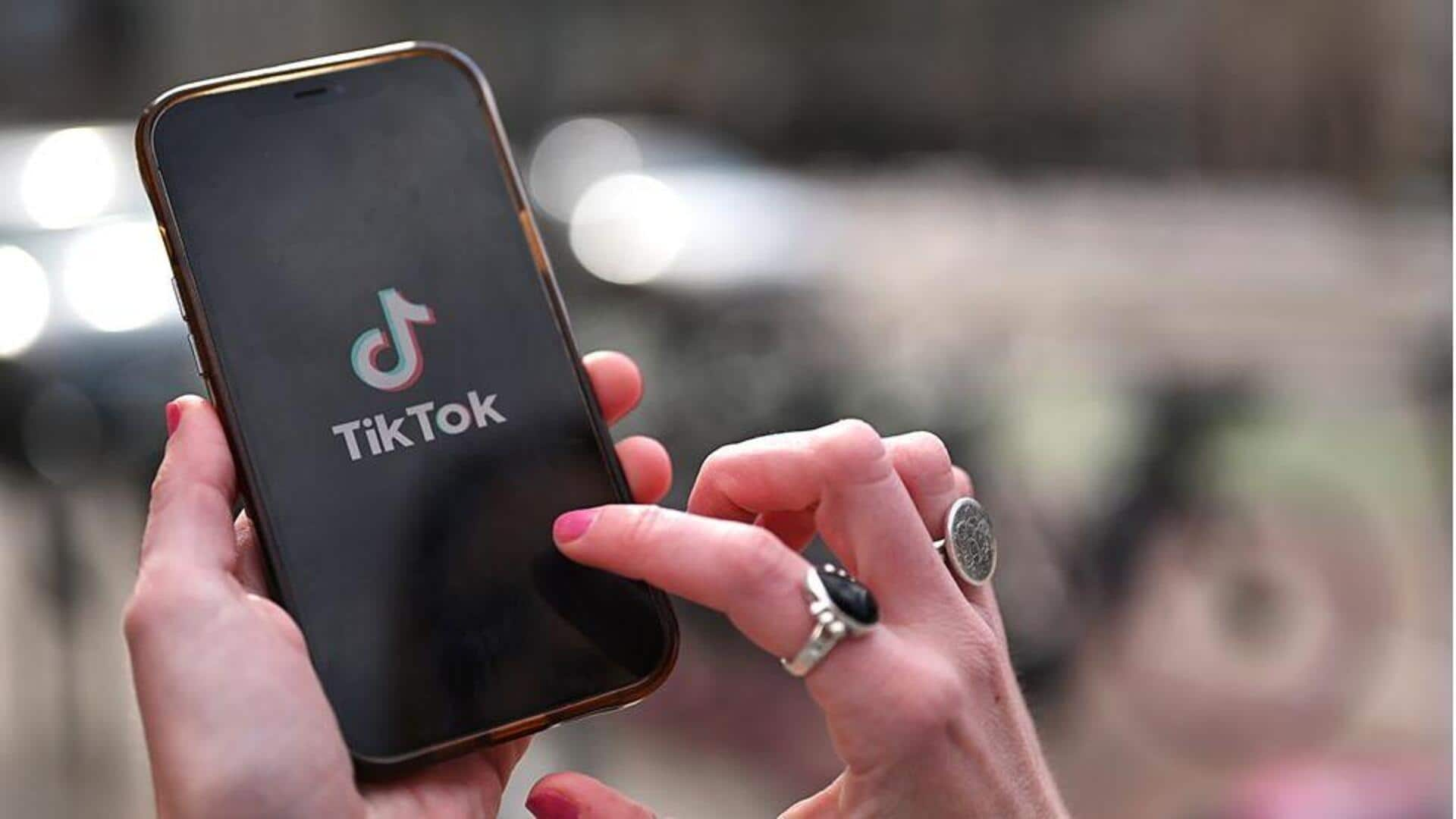
TikTok appeals against EU gatekeeper status
What's the story
TikTok has followed Meta's lead in contesting its "gatekeeper" classification under the Digital Markets Act (DMA), a European Union (EU) legislation that imposes tighter regulations on tech firms and makes it easier for users to switch between rival services. Meta on November 15 had disputed the "gatekeeper" labels for its Messenger and Marketplace platforms but did not appeal the status for Facebook, Instagram, and WhatsApp.
Details
EU's selection of 22 gatekeeper services
In September, the European Union identified 22 "gatekeeper" services run by six tech giants - Microsoft, Apple, Google, Amazon, Meta, and ByteDance's TikTok. While Microsoft, Google, and Amazon did not contest their classifications, Apple has remained silent on its intentions. The deadline for appeals is November 16.
What Next?
TikTok's appeal against gatekeeper designation
TikTok believes that being labeled a gatekeeper might hinder the DMA's goal of promoting competition by protecting established gatekeepers. The company asserts it isn't a gatekeeper, and that its platform, which has been active in Europe for just over five years, is "arguably the most capable challenger to more entrenched platform businesses." TikTok also maintains that it does not meet the legal requirement of generating 7.5 billion euros (Rs. 6.77 lakh crore) in annual revenue within the European Economic Area.
Insights
TikTok's argument as a challenger in digital advertising
With more than 13.4 crore monthly users, TikTok insists that it is a contender rather than an established player in the digital advertising sector. The company also points out that the European Commission did not conduct a market investigation regarding its classification. According to TikTok, its gatekeeper designation was based on parent company ByteDance's global market capitalization, which is primarily fueled by business operations that do not even exist in Europe.